9 Things You Should Know About Malaria
Prior to my 2-month solo backpacking trip around Africa, I was really paranoid because of the widespread malaria cases in that part of the world. Prior to my trips: I read, do a lot of research, and watch a couple of documentaries about the country I’m visiting. I need to know their culture, appreciate its history, and know the risks. That’s my kind of Netflix and chill.

Jonathan and I let each other travel and do things on his or her own, that’s how much we trust each other, and that’s how we grow individually as a person. So he allowed me to go on my backpacking trip to Africa without him, and I let him take care of our SV Empress. Despite being away from each other, one thing is certain: we always have to protect ourselves. No compromise on this one! We want only the best for each others’ health and protect each other despite the distance!
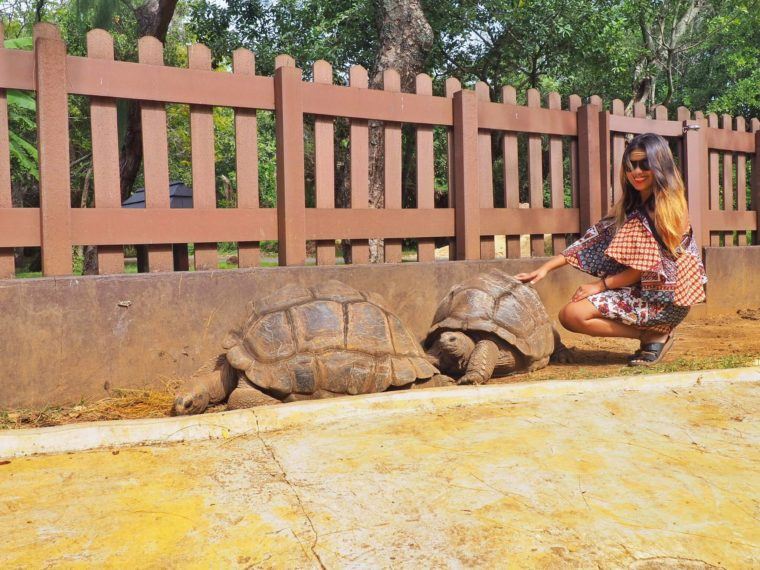
Malaria is a risk in over 90 countries worldwide, not just in Africa. But awareness of where it is present is low. People doesn’t seem to care about it nowadays. But let me tell you why it is important to know the endemic regions, and why you need to take antimalarials when going to these regions:
Table of Contents
1) More Or Less 394,000 People In Africa Die from Malaria every year And Most Of Them Are Children Under 5 Years Old
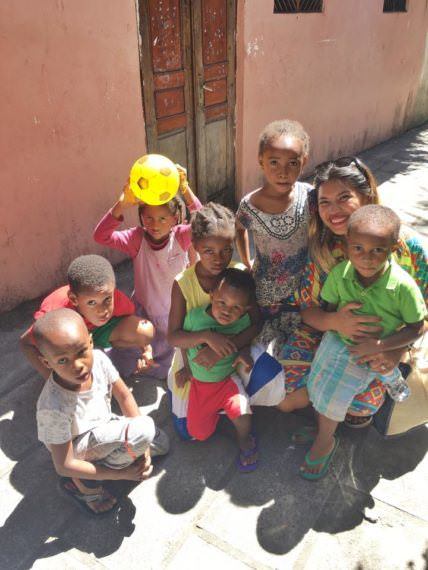
Mind you, it doesn’t only occur in Africa. And it doesn’t only attack children.
2) Africa Is Home To 90% Of Malaria Cases And 92% Of Deaths In The World
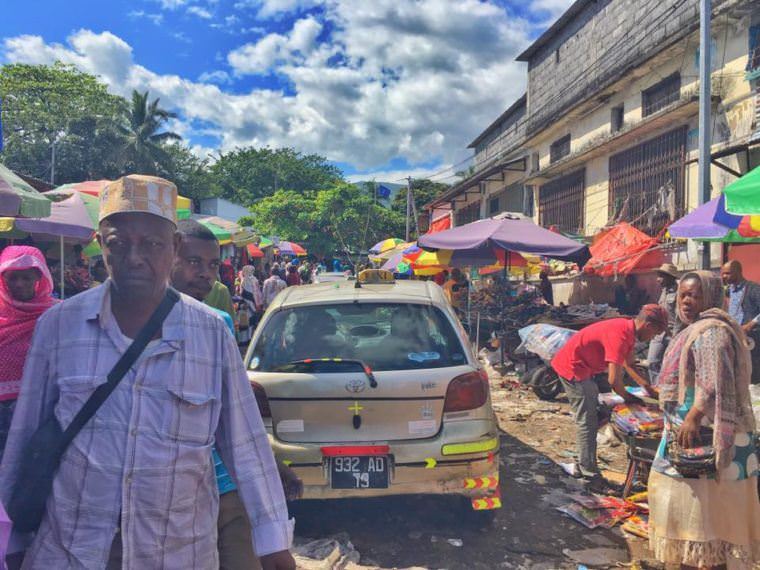
Malaria is a life threatening infection of the blood caused by the Plasmodium parasite. It is most common on this part of the world because the most effective malaria vector – the mosquito Anopheles gambiae– is the most widespread in Africa and the most difficult to control.
3) It Is Not Only Confined To Africa
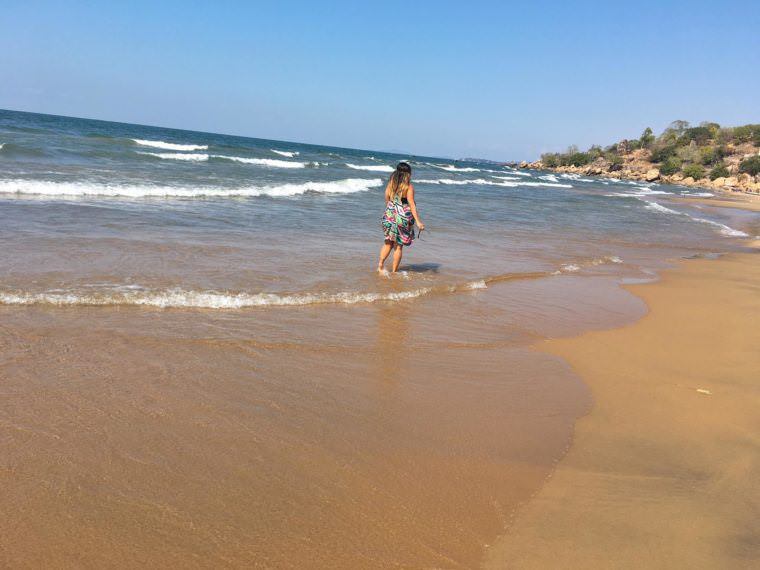
Other endemic regions include large areas of Africa and South Asia and parts of Central and South America, the Caribbean, Southeast Asia, the Middle East, and Oceania. It is most common in regions with tropical and subtropical climates.
4) There Are No Malaria Carrying Mosquitoes In The Uk
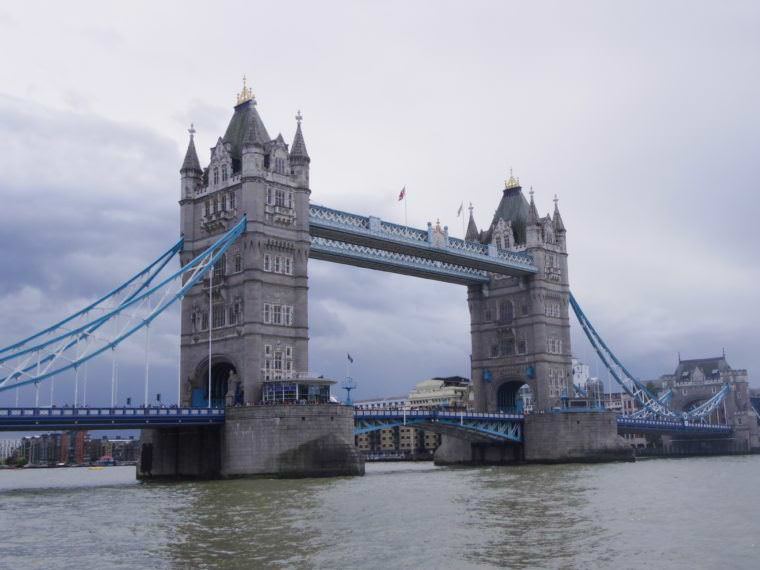
That’s a huge relief! But if you’re traveling to endemic regions, you are not safe. You’re always at risk. Did you know that in 2016, over 1,600 people returned to the UK with malaria? And 6 of these cases were fatal.
5) A Bite From An Infected Mosquito Passes The Parasite Into The Body
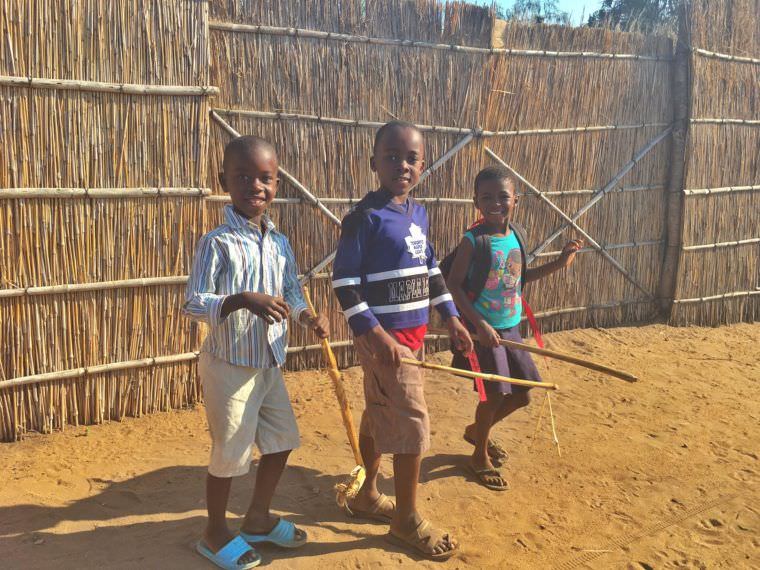
From there, it multiplies first in the liver. It will then enter the bloodstream which will damage the red blood cells. Symptoms usually develop within 7-18 days but the parasite can live in your liver for about 4 years. (YIKES!)
6) Nearly Half Of The World’s Population Is At Risk Of Malaria
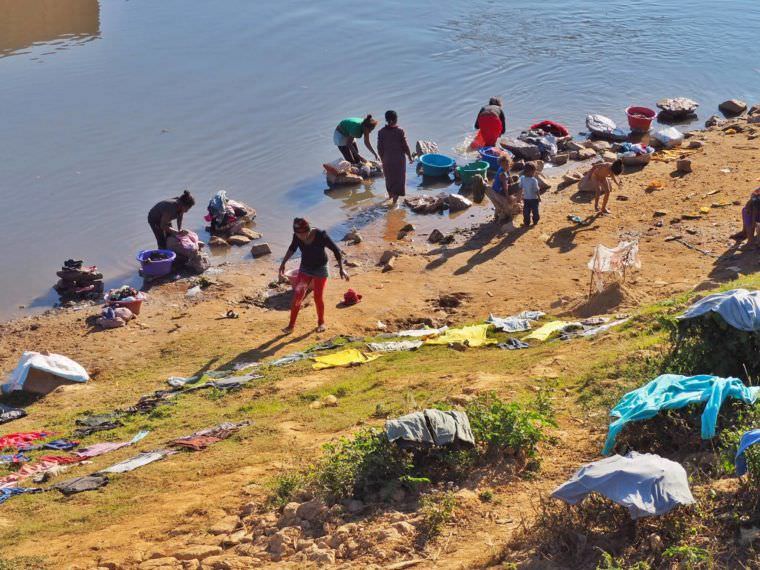
Yourself included! We are at risk and we always need to protect ourselves.
7) It Doesn’t Discriminate

It doesn’t care if you’re rich or poor, white or black. It doesn’t care if you’re out there for leisure, work, sports, backpacking, family reunion or whatever. It doesn’t know the term long term or short term travel– so whether you’re staying for just a few days or a few months, it is necessary to protect yourselves.
8) It Can Be Fatal
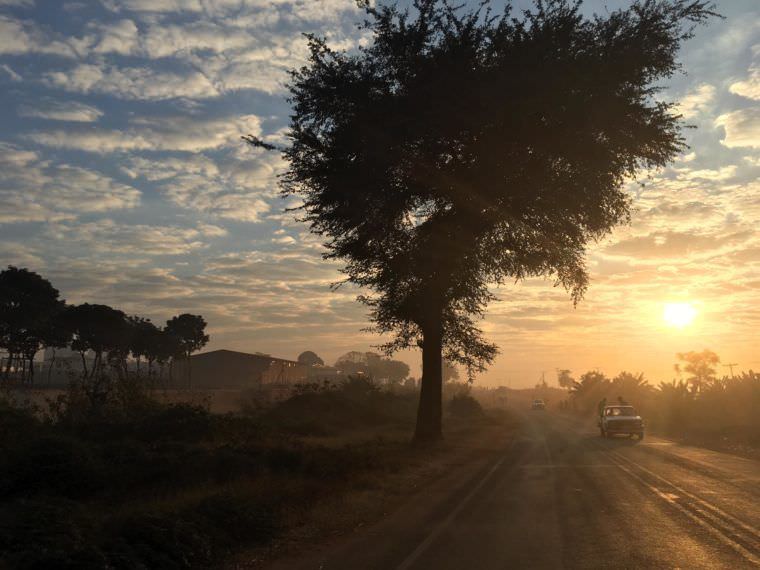
People with malaria can become very ill with high fever, chills, and flu-like symptoms. If untreated, Malaria can quickly become fatal.
9) Good News Is, The Risk Of Getting Malaria Can Be Reduced By 90%
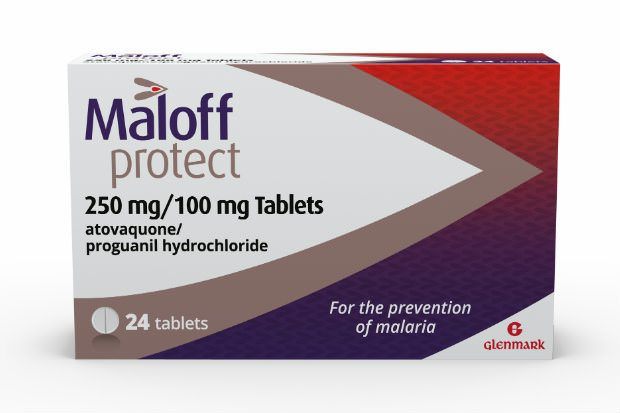
Maloff Protect by Glenmark is antimalarial medication that is available over the counter, direct from the pharmacy without a prescription. It helps to provide a simple, quick and convenient way for adult travelers to obtain effective protection against malaria. Each tablet contains two active ingredients: atovaquone (250mg) and proguanil (100mg) which work by killing the malaria parasites in the liver and the bloodstream. Ask your pharmacist for more information on your options before travelling.
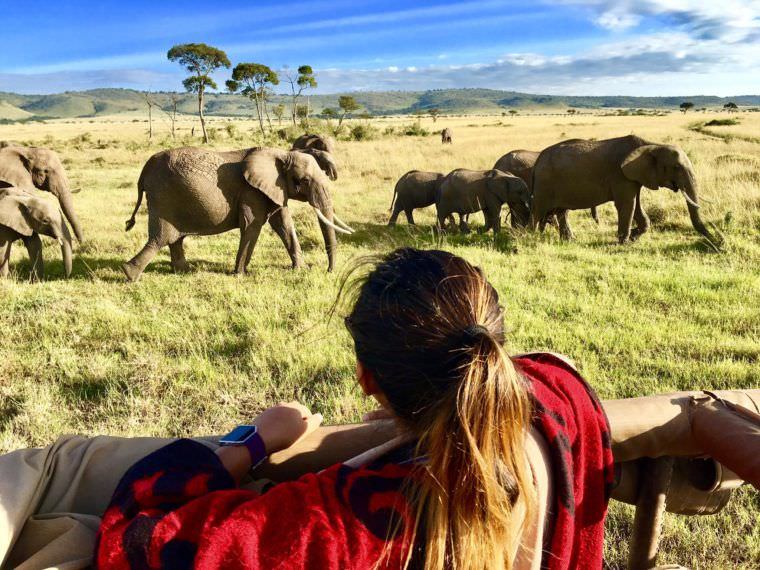
Maloff Protect only needs to be taken 1 or 2 days before departure and for 7 days after return, plus once a day at the same time during the trip. Always read the label before you start taking medication.
However, it is also important to reduce the risk of being bitten by doing the following:
1) Choose clothes that protect you all over from bites;
2) Stay in accommodation with aircon and/or screens on windows and doors;
3) Sleep under a mosquito net treated with insecticide wherever possible; and
4) Apply an insect repellent that contains diethyltoluamide (such as DEET), which can be found at drugstores.
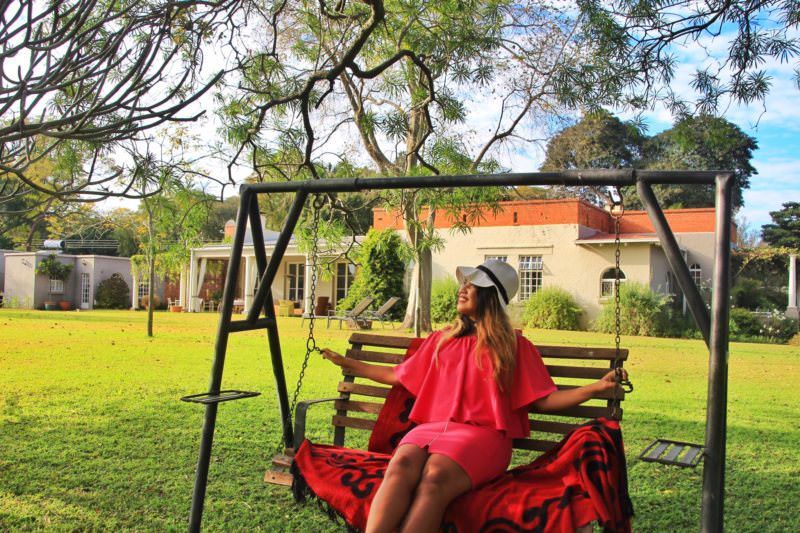
We love traveling but we have to love our health and take care of ourselves too. So next time you’re out on the other side of the world, especially in tropical countries with a risk of malaria, you need to take antimalarials.
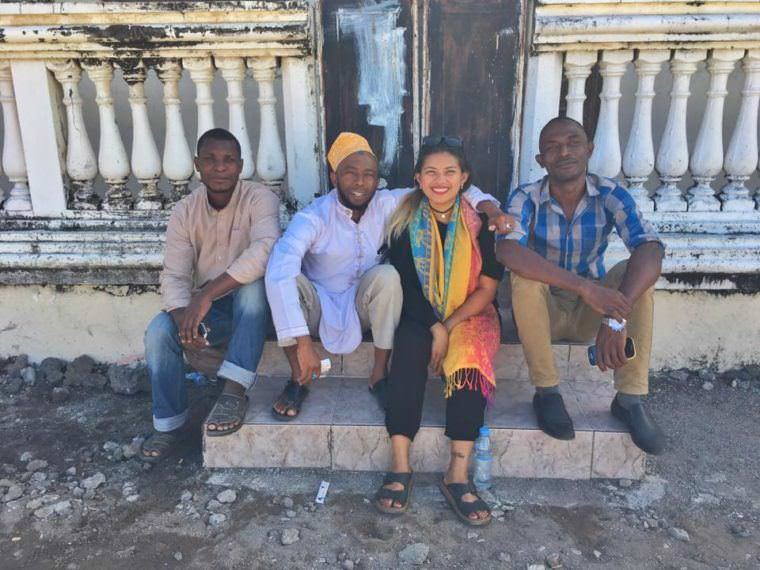
Since I am really cautious, I did everything to protect myself from getting bitten by mosquitoes. I covered myself up and I had my insect repellant all day. I also had a yellow fever vaccine which is an entirely different thing from malaria. But they are similar in a way that both diseases are carried by mosquitoes and move from one victim to the next.
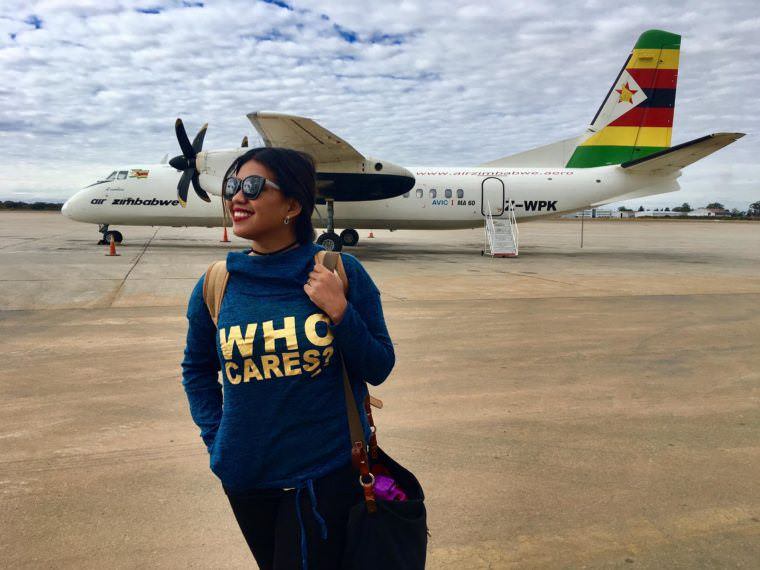
You’ll never really know when these mosquitoes will bite you, sometimes you barely even notice. In some instances that you do, you won’t even know if it’s carrying diseases until you get the symptoms.. And sometimes it’s too late! It’s really crazy.. and it’s something we shouldn’t take for granted.
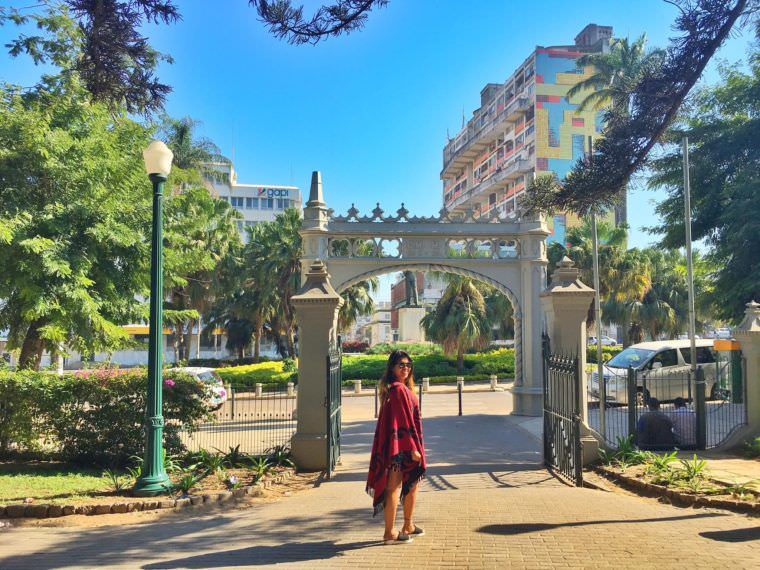
Now that we’re given the chance to protect ourselves from malaria with Maloff Protect, we should grab the opportunity and do it at all costs. Sometimes, we feel immortal in a way that we feel very strong that we don’t even think that we’re prone to such diseases. Well, the reality is, we’re not. And we’re always at risk. So make sure to get your antimalarial medications when traveling to endemic regions. After all, prevention will always be better than cure.
Click here for fact-based references of this article.
Disclosure: This post was sponsored by Glenmark Pharmaceuticals, however, all words are my own.
![]() Are you on Pinterest? Pin these!
Are you on Pinterest? Pin these!

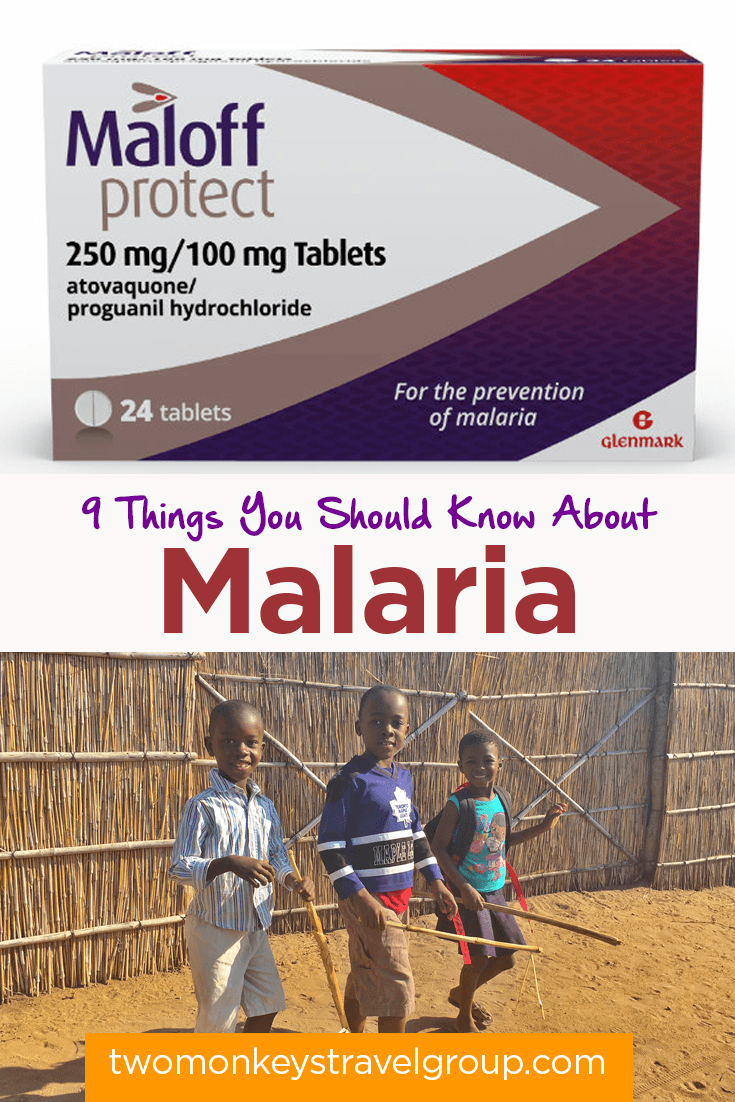
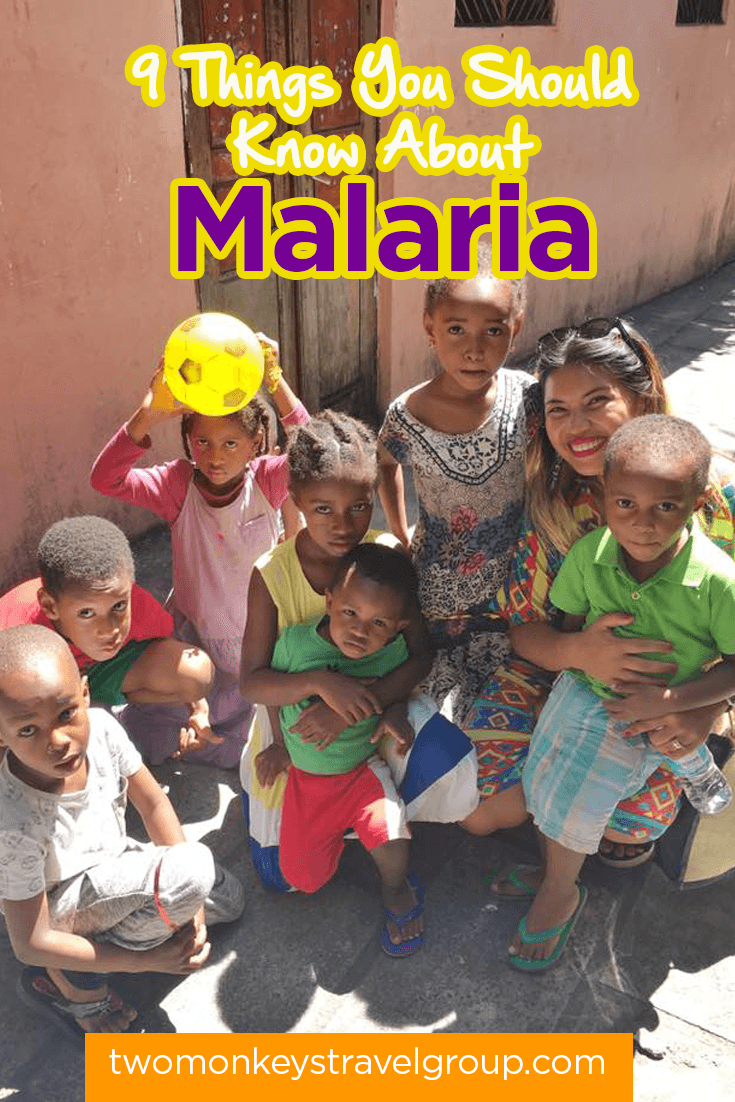
Oh gawd, I’m well paranoid about Malaria. I’m off to Malawi on Monday and I’ve got the Malarone in, in anticipation. When I went to Zanzibar it seemed like everyone I met had some story about having it, or knowing someone who’d died from it. So scary that all these people are at risk.
It is very interesting blog and You wrote very well. I got new thing from here. Awesome Blog.
Hi, i am crystal reed and I was reading your blog. thanks for sharing such an amazing blog about it. detailed facts and beautiful pictures are a total ad one
Wow!! awesome blog and the best thing is I have found some relevant news from your blog. The collection of amazing pictures is a total add-on. Thanks For it. keep up the good work.
This is a great post. I always take malaria tablets but didn’t really know anything about the disease. It’s good to feel more informed.